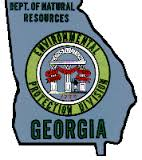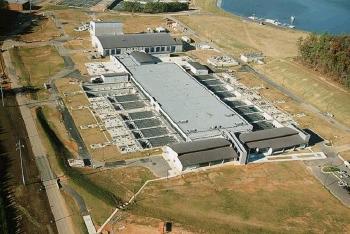Consent Decree Home
Welcome to DeKalb County’s Consent Decree Program website
The Department of Watershed Management’s (DWM) Capital Improvement Projects (CIP) Division is committed to providing first-class service to the citizens and business owners of DeKalb County, and a key component of service is communication.


